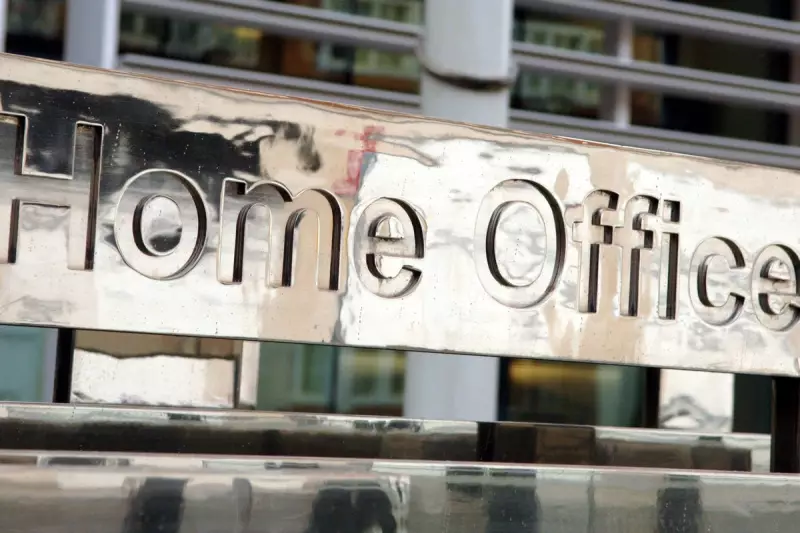
In a stunning revelation that threatens to reshape the immigration debate, former Labour Immigration Minister Caroline Flint has accused the Conservative government of deliberately allowing small boat crossings to continue for political advantage.
The explosive claims suggest that ministers have been "perfectly happy" to let the Channel crisis escalate, using it as a powerful political tool to rally their base and attack opponents.
A Manufactured Crisis?
According to Flint, who served as Immigration Minister under the previous Labour government, the current administration has shown little genuine interest in solving the small boats problem. Instead, she alleges they've maintained the crisis as a deliberate political strategy.
"They've been perfectly happy to let this continue because it serves their political purposes," Flint stated in her damning assessment of government policy.
The Political Calculus
The former minister's comments point to a cynical approach where:
- Continuous boat crossings provide ammunition against political opponents
- The crisis creates a permanent campaign issue favouring Conservative messaging
- Government can position itself as tough on immigration while maintaining the problem
- Public concern remains high, ensuring immigration stays at forefront of political debate
Broader Implications
These allegations come at a critical time for UK immigration policy, raising serious questions about:
- The government's true commitment to solving the Channel crossings crisis
- The ethical boundaries of political strategy when human lives are at stake
- Whether public resources are being used effectively or merely for political theatre
- The long-term damage to public trust in political institutions
Flint's extraordinary intervention suggests that what appears as government failure might instead be calculated political success from the Conservative perspective.
What Comes Next?
As the political fallout continues, these allegations are likely to intensify scrutiny of the government's handling of small boat crossings and raise fundamental questions about the relationship between political strategy and public policy in one of Britain's most contentious policy areas.
The claims paint a picture of a government more interested in maintaining a useful political crisis than solving a humanitarian challenge, potentially changing how voters perceive the ongoing small boats situation.





